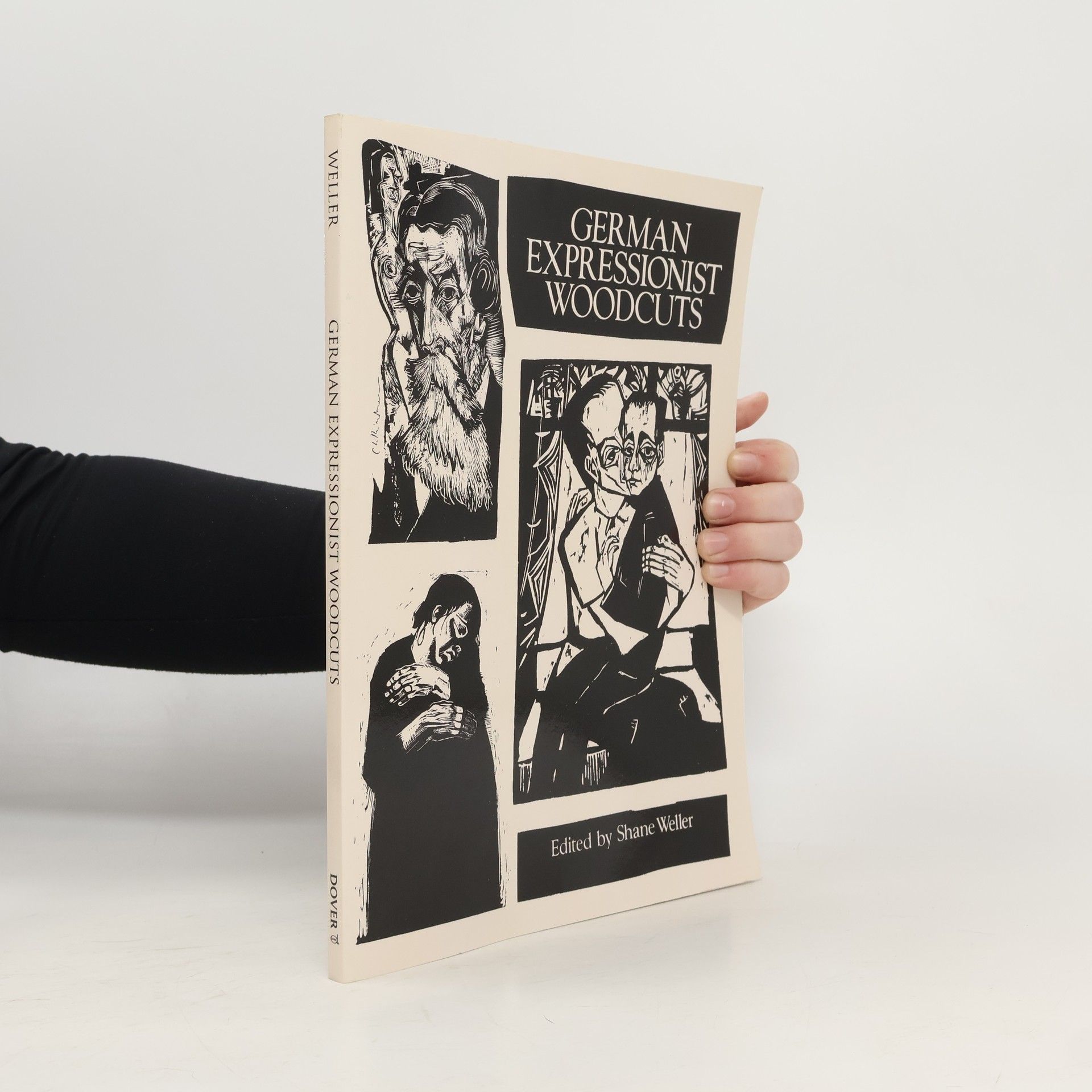Presents over one hundred woodcuts by nearly thirty German Expressionists, primarily from the early twentieth century, including works by Edvard Munch and Ernst Barlach.
Shane Weller Books





Through a wide-ranging critical history of the idea of Europe from its origins in classical antiquity to the present day, this book offers a new conception of the European that challenges the Eurocentrism, Euro-supremacism, and Euro- universalism that have for so long beset the idea of Europe.
This book explores the critical history of nihilism, tracing its evolution from the French Revolution to contemporary postmodern theories. It examines key figures like Nietzsche and the influence of nihilism on modernism and postmodernism, emphasizing art as a vital counterforce to nihilism's impact on culture and politics.
Candide
- 98 pages
- 4 hours of reading
All the world's an Xbox and you're a playerCandide is an optimist. A dreamer. He believes that everything is for the best in the best of all possible worlds. But that belief is about to be tested as Candide's comfortable life is overtaken by an endless barrage of misfortune.First published in 1759, the story traces the journey of a young man who leads a sheltered life, believing that mankind lives in the best of all possible worlds and that everything happens for the best. But Candide's happiness comes to a sharp end when he is unfairly evicted from his uncle's castle for kissing his cousin and true love, Lady Cunégonde. Cast out into the big wide world, Candide is forced to confront reality.As his world collapses around him, we are transported across the centuries to new locations and parallel universes. How will Candide's optimism fare when it collides with life in the twenty-first century?
Samuel Beckett and Cultural Nationalism explores Beckett's engagement with the theme of cultural nationalism throughout his writing life, revealing the various ways in which he sought to challenge culturally nationalist conceptions of art and literature, while never embracing a cosmopolitan approach.